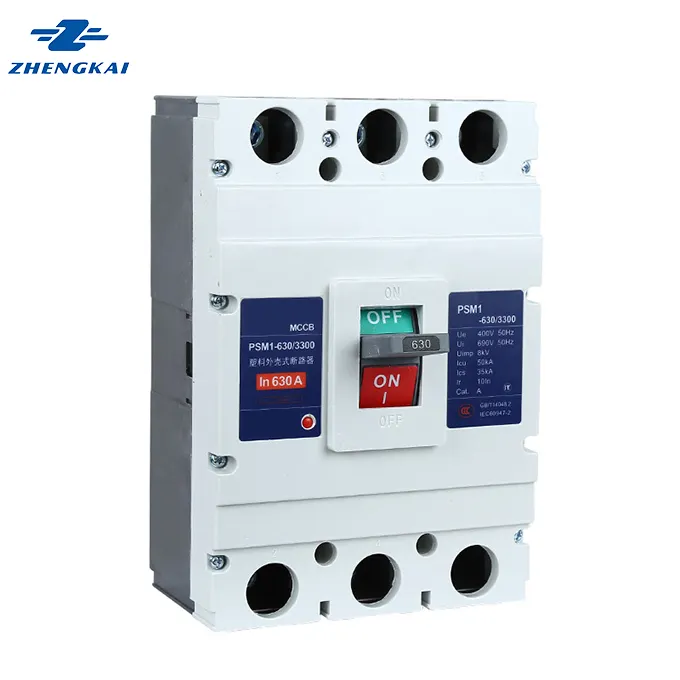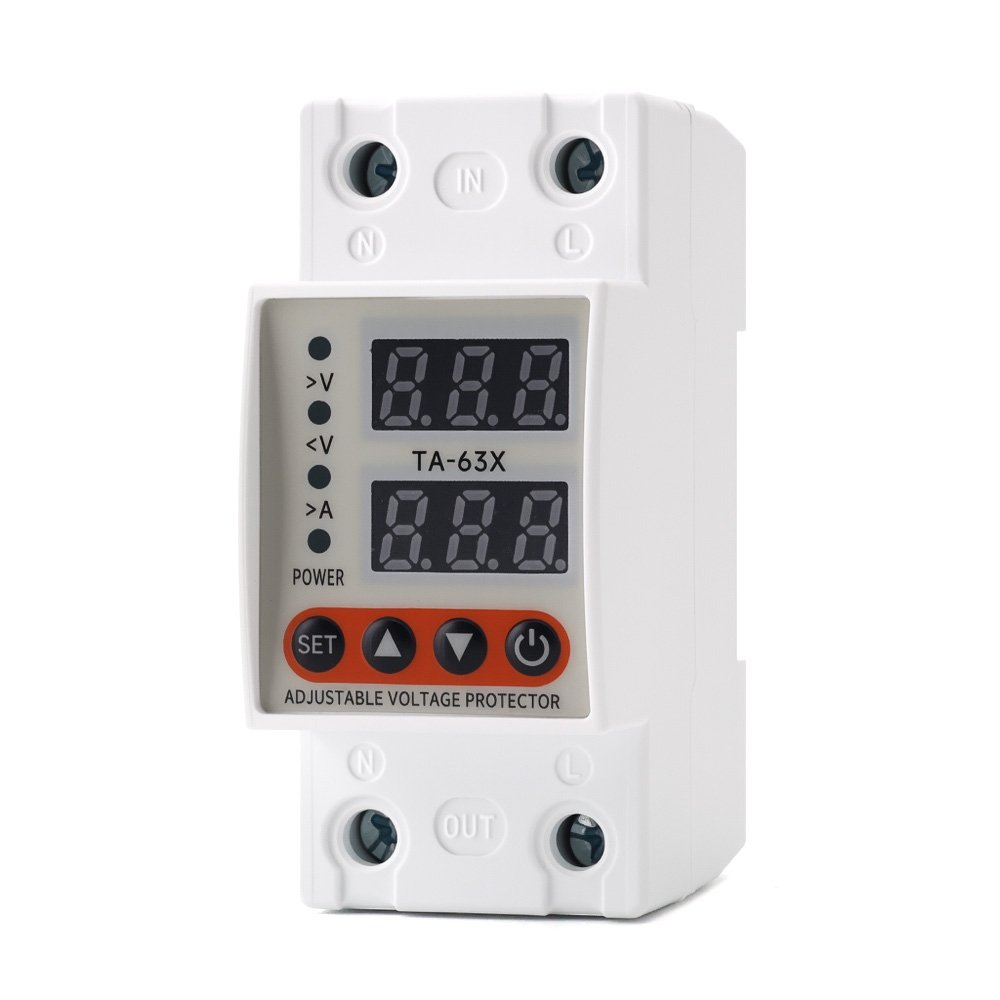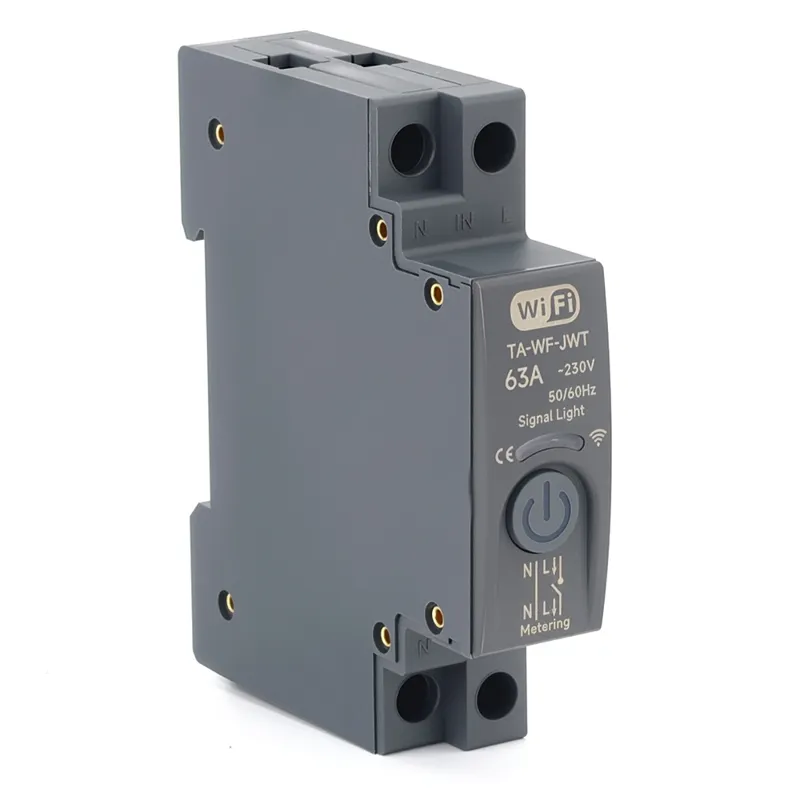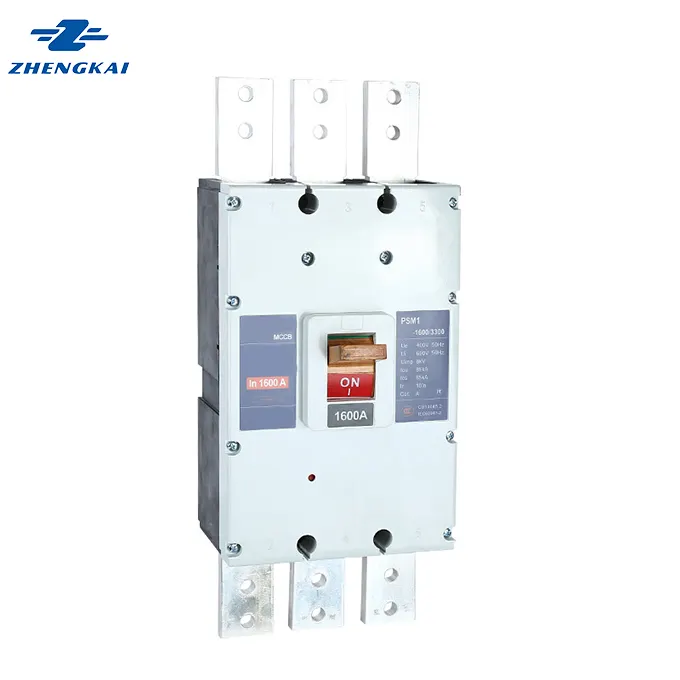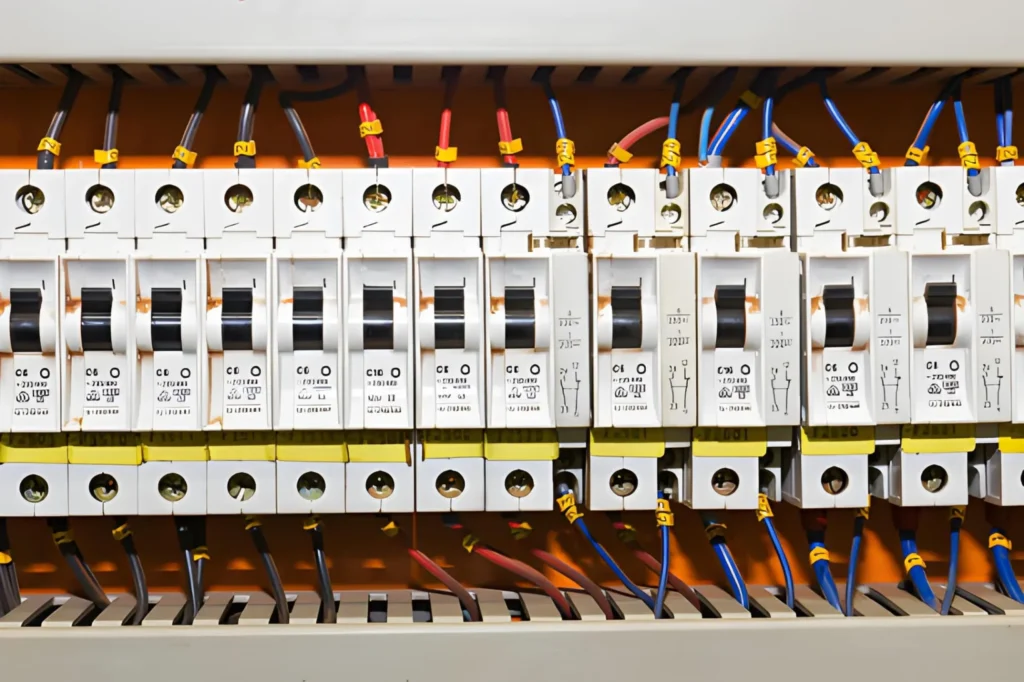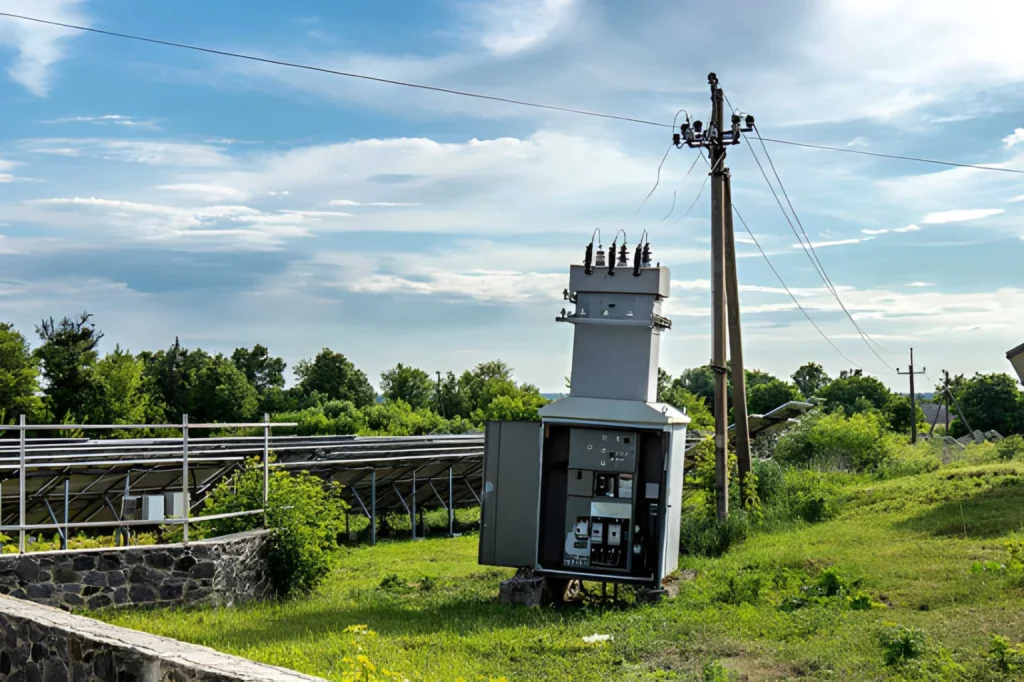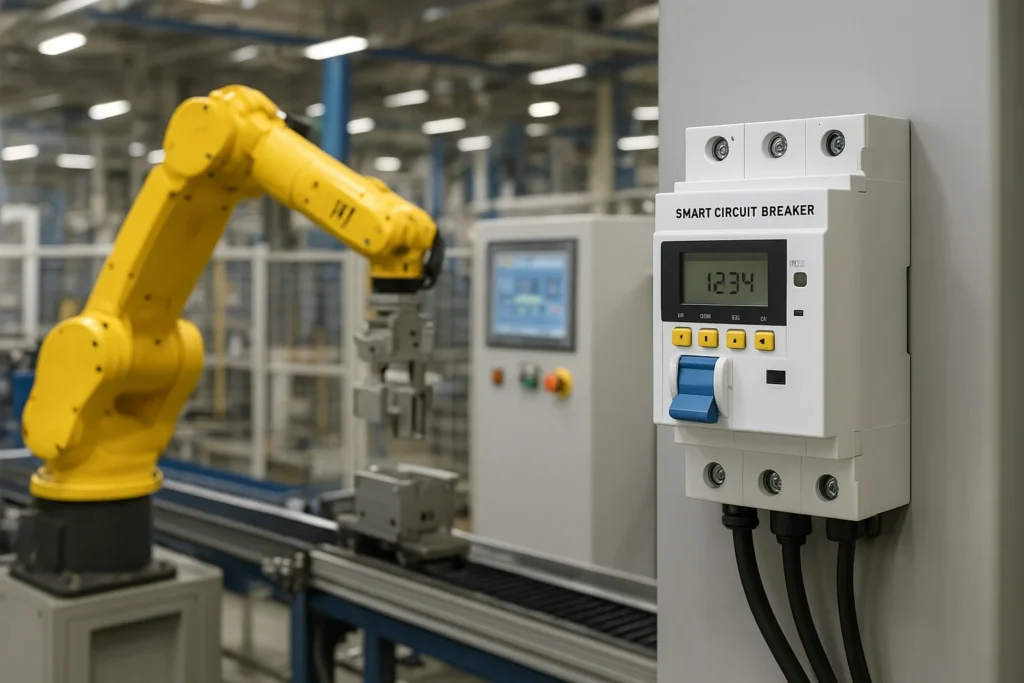If you’ve ever wondered how electrical circuits stay safe from overloads and sudden power surges, then MCCB breakers (Molded Case Circuit Breakers) are probably what you’re looking for. These handy devices work quietly in the background to protect the circuits powering homes, offices, and even big industrial factories.
Let’s take a closer look at what an MCCB breaker is, how it keeps things safe, and why it’s well worth considering for your electrical systems.
What Exactly Is an MCCB Breaker?
Think of an MCCB breaker like the gatekeeper of your electrical circuit. Its main job is to monitor the flow of electricity and step in whenever there’s trouble—like when too much current flows through or if there’s a short circuit.
The “molded case” part means the breaker’s components are safely wrapped up inside a tough plastic shell. This helps keep everything sturdy and insulated. Compared to simple fuses or smaller breakers, MCCBs handle higher currents and provide adjustable protection, making them ideal for bigger or more complex electrical setups.
How Do MCCB Breakers Actually Work?
At the heart of an MCCB are two clever mechanisms working together:
- Thermal Protection: This part uses a bimetallic strip—a metal piece that bends when it gets hot. When the electric current is too high for too long (like when you overload a circuit), the strip heats up and bends enough to trip the breaker, turning off the electricity.
- Magnetic Protection: For sudden bursts of electricity, such as short circuits, there’s a magnetic coil inside. If the current spikes, the coil creates a magnetic force that trips the breaker instantly, stopping the flow and preventing damage.
Inside the breaker, there are contacts that open and close circuits, a handle you can use to switch things on or off, and an arc extinguisher that safely deals with electrical sparks that happen when the circuit is interrupted.
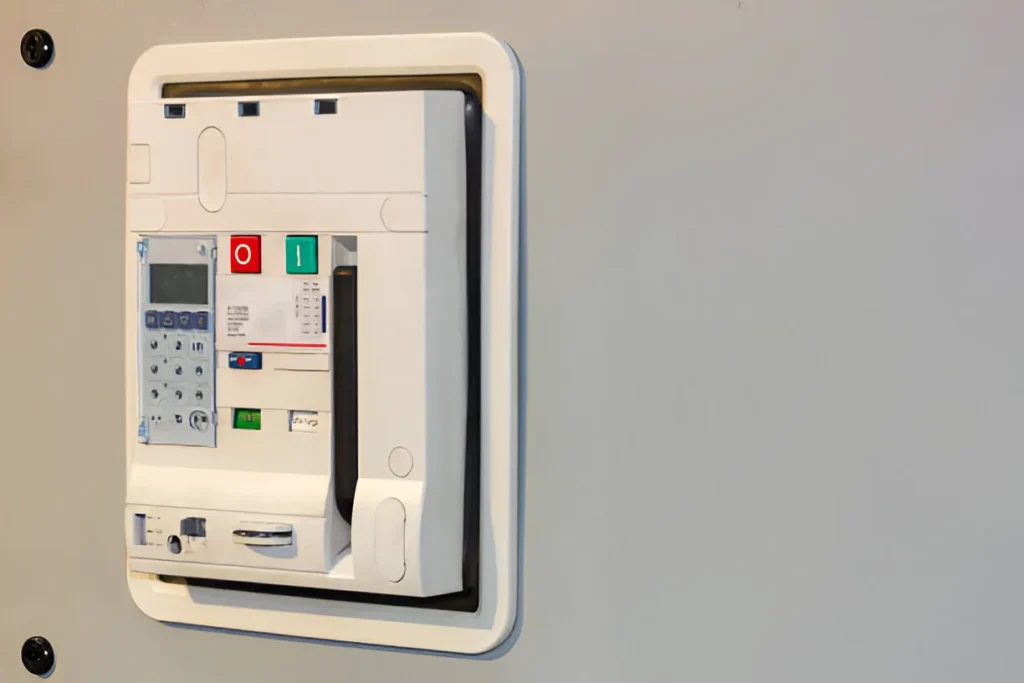

Where Do You See MCCB Breakers Being Used?
MCCB breakers aren’t picky—they pop up just about everywhere electricity flows:
- In homes, protecting circuits and appliances.
- In commercial buildings, guarding lighting and equipment.
- In industrial plants, keeping powerful machines and motors safe.
- Even in renewable energy setups, like solar or wind power installations.
Their adjustable settings let electricians tailor the protection perfectly to the needs of each system, which means better safety and fewer surprises down the line.
Why Choose an MCCB Breaker?
Here’s why MCCBs have become such popular choices:
- You can adjust their trip settings to match your specific current needs.
- They’re made to handle really high fault currents, protecting against big electrical faults.
- They’re tough and durable, built to last through millions of cycles.
- They combine safety with convenience by allowing manual control when you need it.
- Installing and maintaining them is straightforward and cost-effective.
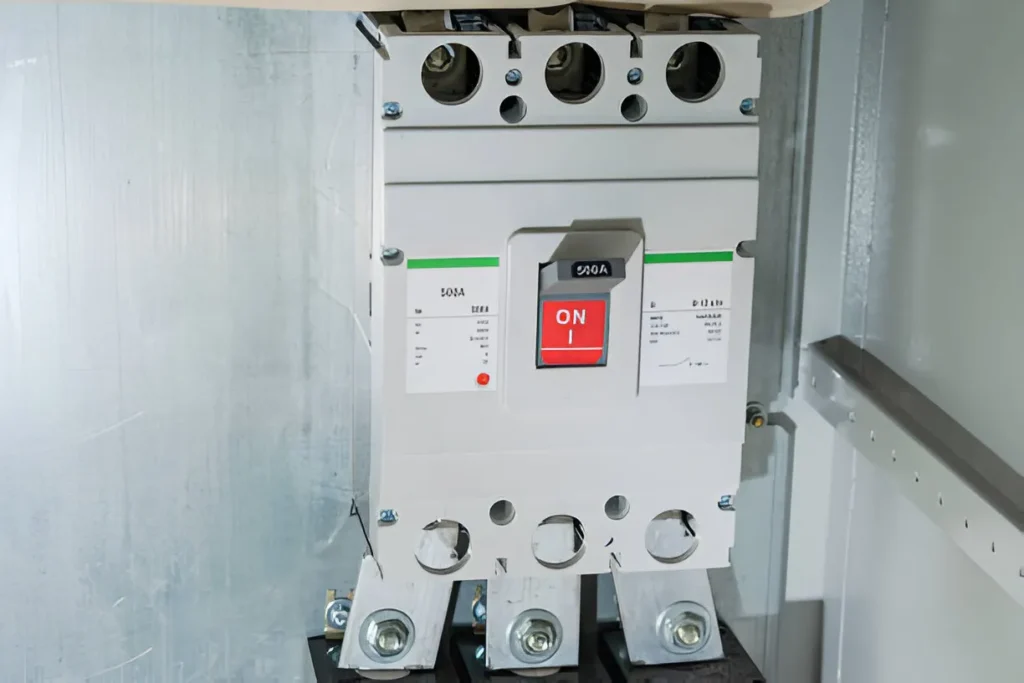
How to Set Up Your MCCB?
Getting your MCCB right is important for safety and smooth operation. Here’s a simple overview of the setup process:
- Know Your Current: Start by figuring out the current rating you need for your circuit.
- Set Overload Protection: Adjust the thermal trip to match your system’s full load current so it trips if things get too heated.
- Set Short Circuit Protection: Configure the magnetic trip to react to sudden current spikes.
- Check Ground Fault Settings: If your MCCB supports it, set the ground fault detection to catch any leaks.
- Test It Out: Make sure everything works by simulating fault conditions and verifying the breaker trips as expected.
Conclusion
At zk-ele.com, we specialize in manufacturing high-quality MCCB breakers tailored to your needs. Whether you’re upgrading your home system or managing a large industrial facility, our breakers provide reliable, customizable protection you can trust.
If you’re curious to learn more or want help picking the right MCCB breaker, just reach out—we’re always happy to chat and help keep your electrical system safe and sound!
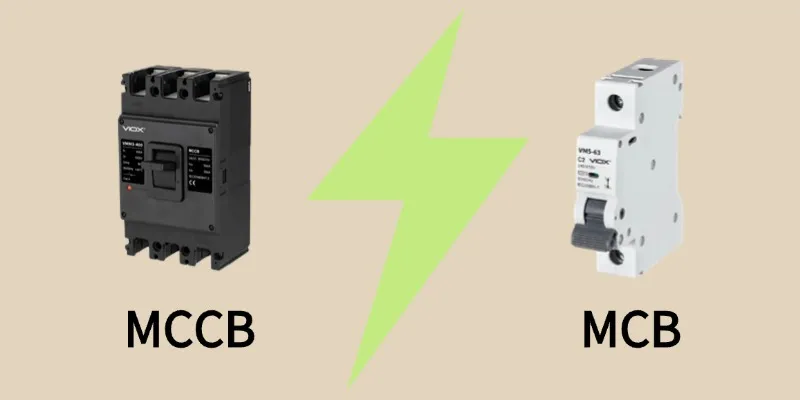

Frequently Asked Questions
What does MCCB stand for?
MCCB means Molded Case Circuit Breaker. It’s a type of circuit breaker with a protective molded plastic casing that safeguards electrical circuits from overload and short circuit damage.
How is an MCCB different from an MCB?
An MCCB handles higher current ratings and has adjustable trip settings, making it suitable for industrial and commercial power systems. An MCB (Miniature Circuit Breaker) is used for lower current, residential applications with fixed settings.
Can I adjust the trip settings on an MCCB Breaker?
Yes, most MCCB breakers allow you to adjust the thermal and magnetic trip settings. This helps customize protection based on your specific electrical load and fault current requirements.
What happens when an MCCB breaker trips?
When the MCCB detects overload or short circuit current, it automatically interrupts the flow of electricity by opening internal contacts, preventing damage and keeping people safe.
How often should MCCB breakers be tested?
It’s a good practice to test MCCBs at least once a year or during regular maintenance checks to ensure they function correctly under fault conditions.
Where can I buy reliable MCCB breakers?
Look for trusted manufacturers or suppliers like zk-ele.com, which offer quality MCCB breakers designed for durability and customizable protection.

